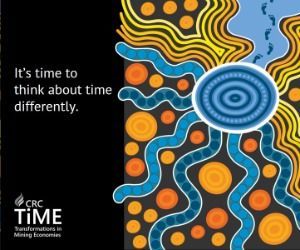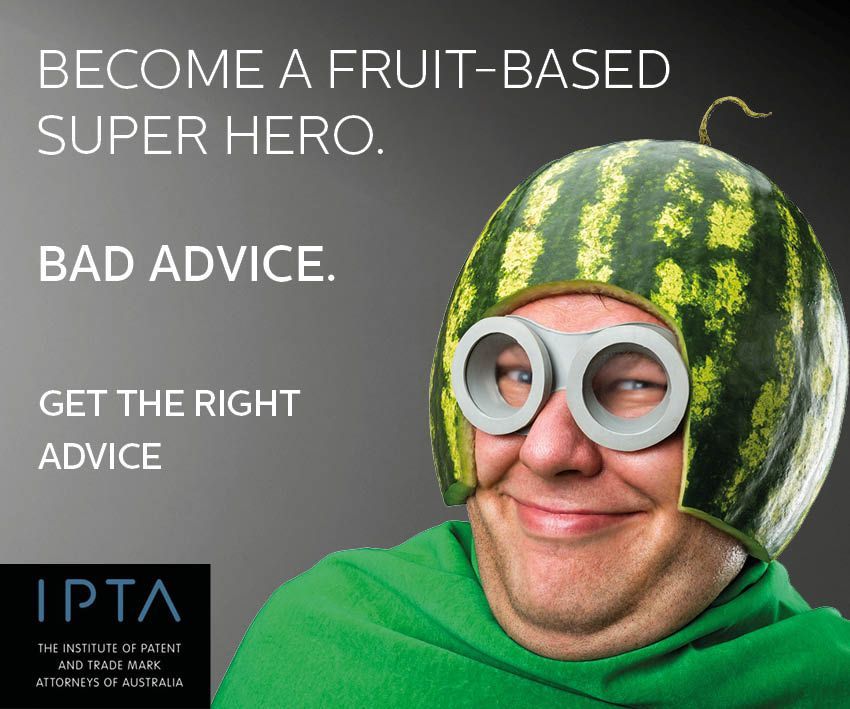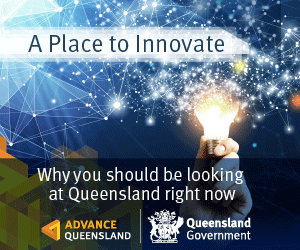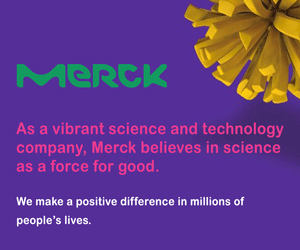1MG FlippingBooks
Return of the GEDI:
A force for good in Australia’s medical research sector
By Dr Saraid Billiards
If the health and medical research sector in Australia is to move forward, it must address gender equity, diversity, and inclusion, and ultimately make the sector a safe and inclusive workspace for all.

In a recent speech by a long-standing champion and advocate for gender equity, the room was asked to stop pretending the issues women faced in the ‘80s and ‘90s are actually any different to what is happening now. Men are still awarded higher value grants, women are disproportionately disadvantaged as they remain the main care givers, and bullying and sexism is still rife. The speech was supposed to be celebratory, but I was glad for this insight that gave me reason to pause and think.
In previous roles, I have headed the strategy and engagement for Science in Australia Gender Equity (SAGE), a program that aims to achieve systemic change for gender equity, diversity, and inclusion by adopting the Athena SWAN model. In other positions within funding agencies, I have kept gender equity firmly on the agenda. Now I am pausing and asking if I, and the greater scientific community, should be happy with the progress we’ve made.
Spoiler alert – it’s a no.
As CEO at AAMRI, representing 58 of Australia’s medical research institutes, I make gender equity a top priority. This means calling for an equal split in funding allocation between male, female and transgender researchers, and reconsidering what a fair merit-based system looks like.
We have a Gender Equity, Diversity and Inclusion (GEDI) Strategy and Action Plan, with an emphasis on actions that encourage and enable a workforce of people with different backgrounds. The GEDI action plan also has a firm focus on driving cultural and structural changes to address biases that result in gender imbalance and inequities.
We’re helping Institutes actively make changes through the Respect in Research project, which aims to create safer and more respectful workplaces by eliminating gendered and sexual harassment.
By mid-2023, we’ll be delivering sector-specific best-practice recommendations around actively preventing and effectively responding to sexual harassment, while also beginning to embed best-practice principles that promote more inclusive, respectful work cultures.
I don’t expect this to be a silver bullet, but my aim is that when I am making speeches in a couple of decades, I won’t have to say we’re looking at the same problems. I’m not naïve enough to think there won’t be new issues, but I’ll welcome these if some of this low-hanging fruit, that has spent way too long on this metaphorical tree, is dealt with.
I want to ensure we have a protected workforce to maintain the vibrancy and innovation that characterises our health and medical research sector. If we continue burdening ourselves with these decades-old issues, science will suffer as we won’t have the best and brightest minds working at full capacity. Addressing gender equity by building a diverse workforce can only result in better long-term outcomes for our community and economy.
Dr Saraid Billiards is CEO of the Association of Australian Medical Research Institutes.










